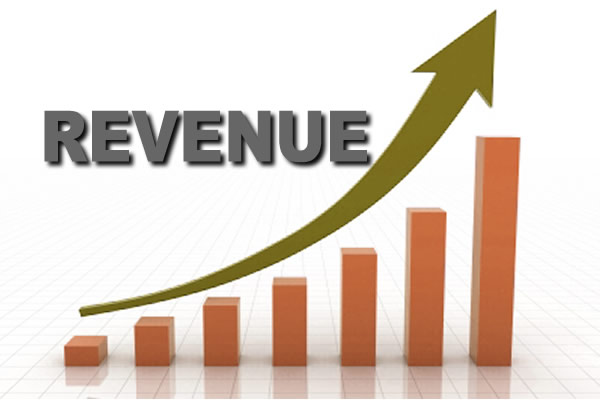In the first seven months of 2024, Nigeria’s major revenue-generating agencies, including the Nigeria Customs Service (NCS), Federal Inland Revenue Service (FIRS), and the Nigerian Upstream Petroleum Regulatory Commission (NUPRC), reported a significant deduction of N533.11 billion for revenue collection costs. This figure marks a substantial increase of 99.85% compared to the same timeframe in 2023, when N266.75 billion was deducted. The FIRS and NUPRC accounted for approximately four percent each of the costs, while the NCS accounted for seven percent. Such costs are typically deducted during the monthly meetings of the Federation Accounts Allocation Committee (FAAC) before revenues are distributed to the federal, state, and local governments.
Among these agencies, the FIRS deducted the largest share of N254.82 billion, amounting to about 47.8% of the total costs. This substantial sum primarily comes from revenue sources such as Value Added Tax and company income taxes, which are vital for governmental fiscal operations. Comparatively, this amount reflects a 61.55% increase from N157.73 billion in 2023. Monthly collection data reveal a steady rise, starting from N43.35 billion in January 2024 and peaking with a notable N55.13 billion deduction in July 2024, showcasing the agency’s growing efficiency and capacity in revenue collection.
The NCS followed closely, deducting N147.64 billion, which was approximately 27.7% of the total costs. This increase of 114.49% from N68.86 billion in the previous year epitomizes the NCS’s crucial role in customs duties and excise revenue management, particularly due to rising import duties. Meanwhile, the NUPRC, which oversees the crucial upstream oil and gas sector, deducted N130.64 billion—24.5% of the total collection costs—marking a dramatic 225.33% increase from its previous deduction of N40.16 billion in 2023. This showcases the growing significance of the oil and gas sector amidst Nigeria’s economic landscape.
Analyzing monthly collection trends reveals that January 2024 saw N78.30 billion collected, representing a 129.98% rise from January 2023’s N34.05 billion. February 2024 recorded N66.46 billion, an increase of 142.03%, while March similarly reflected a significant rise with N69.54 billion, demonstrating a 121.79% increase. April’s collections remained consistent at N69.54 billion but still reflected a noteworthy increase relative to the prior year. The month of May saw a notable upswing, reaching N80.52 billion, while June’s collection totaled N76.65 billion, emphasizing a sustained upward trend. July 2024 concluded the period with the highest collection of N92.11 billion, a 25.85% increase from the previous year, underscoring an intensifying momentum in revenue generation.
However, this surge in revenue collection costs has prompted concerns among state finance commissioners, who have called for a reassessment of the arrangements. A recent report by the Agora Policy highlighted that while revenue has increased, the excessive deduction for collection costs has disproportionately impacted the states’ allocations. During discussions led by the Presidential Fiscal and Tax Reforms Committee, analysts recommended reducing the cost of revenue collection to align with global standards, where high-revenue nations generally maintain costs below one percent. This has sparked dialogues on refining operational efficiencies among these agencies.
Experts and economists emphasize the need for a critical examination of the legitimacy of these costs, advocating for auditing to reveal the accuracy of the reported figures. Economists like Sheriffdeen Tella argue that operational expenses are legitimate costs tied to revenue collection, such as technology and travel expenses. However, concerns linger about the operational transparency and justifiability of the current percentages. Another unnamed expert reiterated that the majority of costs are attributed to essential operational functions and regulatory duties, complicating the determination of whether current practices are sustainable. In light of these discussions, there is clearly a call for more robust governance and fiscal responsibility in managing Nigeria’s revenue collection mechanisms.














